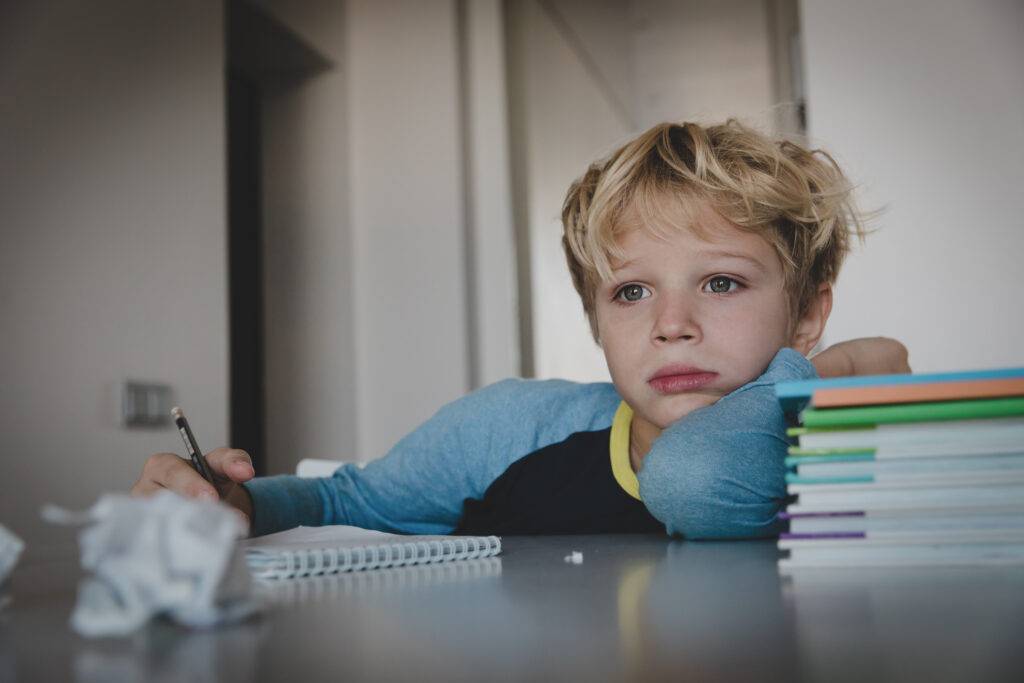Wy-TOPPS. Here’s how you can help your child destress.
We never know how our kids will react to testing done in our schools. Some days, the tests are not a big deal. Other days, tests are a significant source of stress. Here are some tips to assist you as you help your child de-stress at the end of a busy school day.
According to this article from Purdue Global, stress in children may look different from stress in adults. A child will not necessarily tell you they are stressed. Instead, tuning in to the child’s behaviors and actions may be your best way to understand if your child is feeling stress after a busy school day.
Regardless of the level of stress a child is experiencing, it’s important for us as adults to help a child learn how to de stress. You may be seeing these and other signs your child is experiencing stress:
• Irritability
• Sudden changes in behavior
• Changes in sleep or eating habits
• Neglecting responsibilities
• Frequent illness
Through conversation with the child, we can understand what the child is going through. Open-ended questions are a good tool to use because the child responds with information other than “yes” or “no.” As you speak with them, they may even come up with their own solutions to the stress. When children experience strong emotions related to stress, it’s really important for them to have someone at home or at school that they can connect to and trust.
Now that you’ve seen this article, you may notice your child is stressed and wonder what you can do to help him or her. Here are some tips from Purdue Global:
• Teach children to be aware of their breathing. Stress is both physiological and psychological. Breathing deeply brings more oxygen to the brain and can lower the negative effects of stress hormones. • Remind children that they still have control over their lives. Feeling as though you have a loss of control is commonly associated with stress. While kids may not always be able to control the emotional response they have to a situation, they can control the actions they take.
• Teach children to be aware of how their body reacts to stress. Do their palms sweat? Does their eye start to twitch? By helping children recognize the early symptoms of stress, you can come up with a plan of what to do when these symptoms appear.
• Provide downtime for children. Many children do not have time to relax and reflect on how they are feeling. Encourage your child to engage in relaxing, low-energy activities every day.
The best way for us as parents to offset stress is to help our child feel safe, loved and cared for. The routines you establish are likewise important to show your child there are things they can count on. During Wy-TOPPS, when the daily school routine is different, your keeping to your home routine can be really helpful to your child.

